Most buyers know that figuring out their living expenses before purchasing a property is important. Having a clear picture of how much you’ll spend on your mortgage payment, insurance, utilities, and garbage make budgeting for your new home much easier. However, many buyers don’t think about fees associated with a homeowner’s association.
HOA fees can range from as little as $20 per month to as much as $1,400 per month. So, it’s important that you take time to learn about any HOA on a property you love.
An estimated 350,000 households in Utah currently belong to an HOA, according to the Community Associations Institute. With the number of new housing construction projects going on, that number could rise.
A home owner’s association (HOA) is a non-profit organization started by a community developer. The goal of an HOA is to protect property values by enforcing community standards. Community standards and duties of the HOA can vary depending on individual communities.
Not all home belong to an HOA, and sellers are required to notify potential buyers if the home sits in an HOA community.
If you’ve found a home you love, but you’re not sure if you want to deal with an HOA, there are a few things to know that could help you make your decision a little easier.
HOAs are required to provide certain documents free of charge
Utah law requires that a home owner’s association provide their bylaws, most recent approved minutes, and budget and financial statements to homeowners. If you have questions or concerns about specific rules set forth, you can look at the HOA documents free of charge.
Before buying a home in an HOA community, you may want to look at these documents (including meeting minutes) to figure out if there are any ongoing issues with other neighbors (loud music, big vehicles taking up parking spots, etc.)
HOA fees vary but can only be used for certain things
HOA fees will vary widely between communities. The funds collected by the HOA go towards upkeeping community areas (sidewalks, parks, lighting, clubhouses, pools, etc.)
Before you purchase a home in an HOA neighborhood, ask the following questions:
- How much are the HOA fees?
- When are HOA fees due?
- Are there late fees for paying late?
- What do the HOA fees cover?
- Does the HOA have a reserve fund for emergencies?
- What are the community rules?
HOA rules are legally enforceable
When you purchase a home that belongs to an HOA, you’ll have to sign a document stating you understand the rules of your home owner’s association, and that you agree to abide by those rules. If you break those rules, the HOA can sue you. Typically, the HOA will ask individuals to correct an issue before assessing a fine and/or suing the homeowner for breach of contract. In some cases, an HOA may be able to place a lien on the property. If you fail to pay HOA dues or any fines, the HOA can send the bill to collections.
HOA covenants, conditions, and restrictions
Rules and conditions can be very different depending on the specific HOA in your neighborhood. However, HOAs typically monitor three major categories:
- Resident responsibilities (fees etc.)
- Resident behavior (who can visit community pools, what type of vehicles can be parked on the street or in driveways, etc.)
- Architecture (fence heights, exterior remodeling, paint colors for home, additions to home etc.)
If the HOA passes rules that you or other community members feel are unreasonable, you can petition for a change.
Benefits of a Homeowner’s Association
HOAs often have a bad rep because people are only talking about them when they make rules that seem ridiculous or too strict. However, there are some benefits to living in a neighborhood like:
- Amenities — Many HOAs have pools, parks, walking paths, or clubhouses restricted to community use. Your HOA fees help keep these perks in good condition.
- Higher home values — When HOAs enforce rules and help the neighborhood look clean and cared for, property values can go up.
- HOA restrictions serve as a deterrent to residents who don’t like rules. People who move into an HOA neighborhood understand, accept, and are willing to abide by HOA rules, potentially offering a more peaceful neighborhood.
Home Ownership Associations can be very beneficial to a neighborhood, but they come at a cost. Make sure you find out about the HOA that runs a home you want to buy to decide if the rules and added costs are something with which you can live.
You can find out more about Homeowners Association Laws in Utah from the Homeowner’s Protection Bureau.

